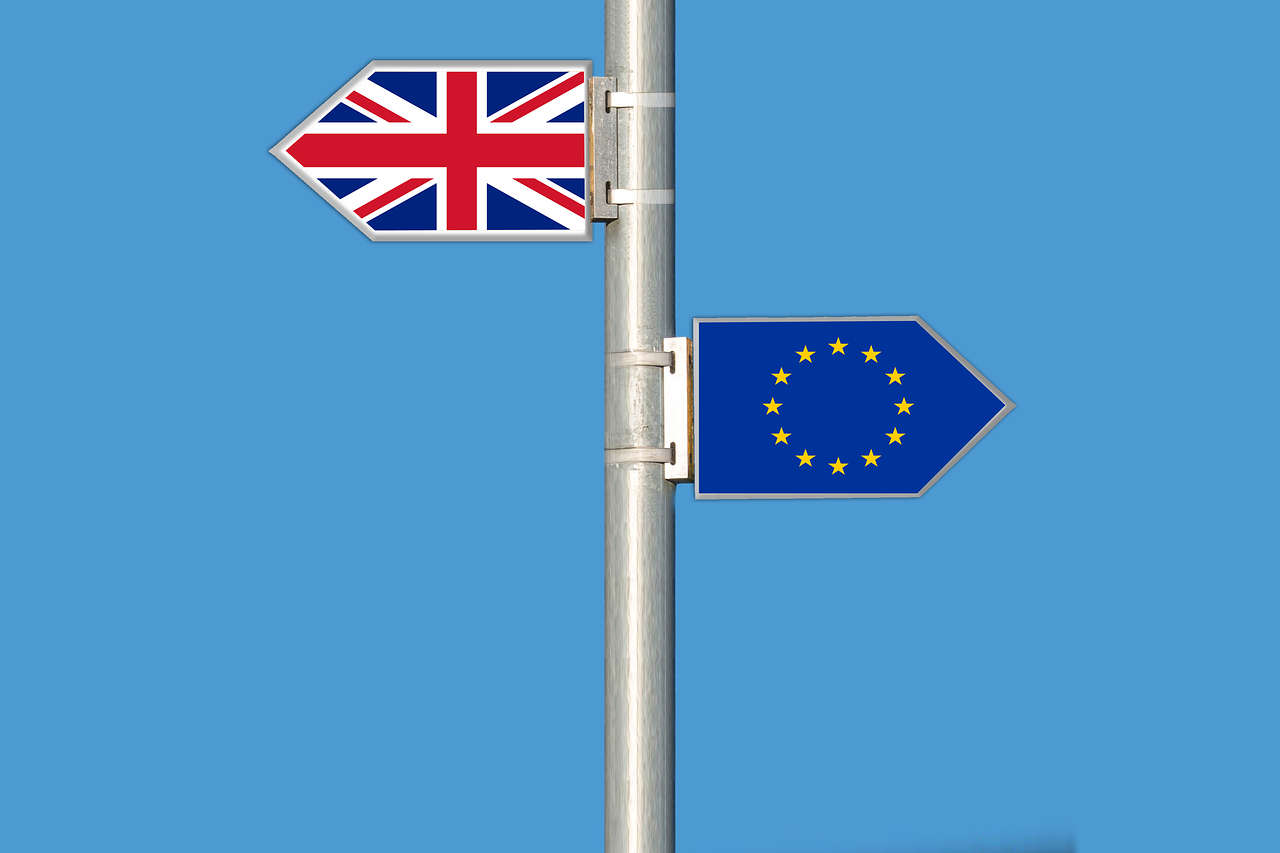Hungarian students hit hardest by Brexit!
The number of Hungarian students studying in the UK has fallen dramatically since Brexit. The Hungarian Youth Association has launched a campaign across the EU: the SaveEUStudents initiative has been endorsed even by the European Parliament.
Brexit: changing rules and fees
The United Kingdom left the European Union on 1 January 2021, and since then, EU citizens have lost a number of benefits. Workers now have to comply with stricter residency rules, and they face a heavier administrative burden, which affects around 160,000 Hungarian citizens.
Young people were also affected by the exit: while the UK was a member of the EU, the maximum university tuition fee was £9250 (EUR 11,095), there was also a reduced student loan and no need for separate health insurance or a visa.
Since Brexit, however, they have either been discontinued or their costs are significantly higher. According to an older article on 444.hu, if a Hungarian student wants to study at a British university after Brexit, the tuition fees can range from 25,000 to 40,000 pounds (EUR 29,990-47,985). Another 348 pounds (EUR 417) for a visa is required, and one also has to pay for the Immigration Health Surcharge, which is an extra 470 pounds (EUR 564) compared to pre-Brexit time. Previously, the tuition fees could be covered in total by a student loan, which is now not available. On top of the already mentioned heavy expenditure, there are also the living costs.

pixabay.com
Fewer Hungarian students in the UK
Soma Pirityi, co-director of the Hungarian Youth Association Ltd., told Napi.hu about the situation:
“There has been a dramatic fall in the number of students studying in the UK. While in the year 2020-2021, around 705 students were accepted out of around 1,100 applicants, in the 2021-2022 academic year only 450 students applied out of which 190 have been accepted, but eventually only 60 began their studies.”
As we can read in Napi.hu’s article, according to Bálint Karagich, co-director of the Hungarian Youth Association Ltd., this does not stop Hungarian students from looking for universities abroad:
instead of British universities, most students are now looking for opportunities in the Netherlands.
This is also due to the fact that the Dutch system was the quickest to respond to the situation with foreign language courses. Austrian, French and German universities are also on the frontline.
Initiative
In response to the problem, the Hungarian Youth Association and the Federation of Polish Societies in the UK have launched a petition called SaveEUStudents. The campaign calls for the creation of a comprehensive EU-UK student mobility scheme to cover the tuition fees and living expenses of EU students, contribute to visa and travel costs, and provide an immigration health supplement. If implemented, this could help more than 170,000 European students.

Read alsoOne of the oldest railway stations in Budapest to be renewed, here are the plans — PHOTOS
Source: Napi.hu, 444.hu
please make a donation here
Hot news
What happened today in Hungary – 26 July, 2024
Drama: number of births in a 20-year low in Hungary
Yay or nay? – 6 odd Hungarian delicacies that make our skin crawl
Budapest tourism “exploded” this past weekend
Container transport in Budapest may stop: How will this affect Hungarian economy?
Minister: Hungary will protect its territory by every means possible




2 Comments
Why would Hungarian students be hit hardest by Brexit? They face the same costs as any other student from an EU country wishing to study in the UK. In fact, the number of students enrolled at UK higher education institutions from EU member states – although below pre Brexit numbers – have actually been increasing. In 2018/19 143,025 enrolled, in 2019/20 147,800 enrolled and in 2020/21 152,905 enrolled (out of a total international student intake of 605,130). Thus the reduction in the number of Hungarian students going to the UK to study cannot solely be due to Brexit.
As they say: “you shouldn’t expect champagne and caviar when on a coca cola budget”. În other words, how can you expect tax payers to pay for your education? Look for a less expensive European university that you can afford.